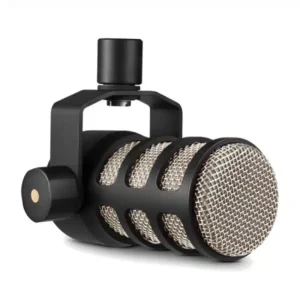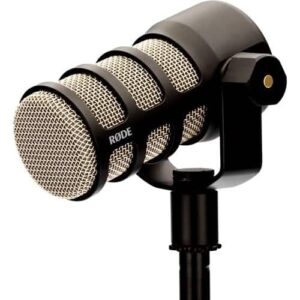How To Start A Podcast In Kenya

how to start a podcast in Kenya
Starting a podcast in Kenya is an exciting venture that blends creativity with technology, offering a platform to share stories, discuss topics of interest, and connect with audiences globally. Whether you’re an aspiring journalist, a passionate storyteller, or an entrepreneur looking to expand your brand’s reach, podcasting provides a powerful medium to express your ideas and engage with listeners on a personal level.
Why Start a Podcast in Kenya?
Kenya, known for its vibrant cultural tapestry, diverse perspectives, and tech-savvy population, presents an ideal environment for podcasting. Here are a few reasons why starting a podcast in Kenya can be rewarding:
- Growing Digital Landscape: Kenya’s increasing internet penetration and smartphone usage create a ripe audience for digital content consumption, including podcasts.
- Cultural Diversity: With over 40 ethnic groups, Kenya offers a rich reservoir of stories, traditions, and perspectives that can be explored and shared through podcasts.
- Entrepreneurial Opportunities: Podcasting can be a lucrative venture through sponsorships, advertising, and partnerships, especially as brands increasingly recognize the value of reaching engaged audiences.
Steps to Start Your Podcast in Kenya
1. Define Your Podcast Concept
- Choose Your Niche: Identify topics you’re passionate about or areas where you have expertise. This could range from business and entrepreneurship to culture, sports, health, or entertainment.
- Target Audience: Understand who your listeners will be. Consider their interests, demographics, and what kind of content would resonate with them.
2. Planning and Preparation
- Format and Structure: Decide on the format of your podcast (interviews, solo episodes, panel discussions, storytelling) and how frequently you’ll release new episodes.
- Equipment and Software: Invest in quality recording equipment such as microphones, headphones, and audio editing software. Popular choices include USB microphones like the Audio-Technica AT2020 or XLR setups with mixers like the Behringer Xenyx Q802USB.
- Recording Environment: Choose a quiet space with minimal background noise to ensure high-quality audio recordings.
3. Recording and Editing
- Record Your Episodes: Conduct interviews, record discussions, or narrate your content. Ensure clear audio quality and consider using Skype or Zoom for remote interviews.
- Editing: Use editing software like Audacity, Adobe Audition, or GarageBand to polish your recordings, add music, and eliminate any unwanted noise or pauses.
4. Publishing Your Podcast
- Choose a Hosting Platform: Platforms like Buzzsprout, Libsyn, or Podbean host your podcast files and distribute them to major podcast directories (Apple Podcasts, Spotify, Google Podcasts).
- Create Cover Art and Description: Design eye-catching cover art that represents your podcast. Write a compelling podcast description that explains what your show is about and why listeners should tune in.
5. Promotion and Marketing
- Utilize Social Media: Leverage platforms like Twitter, Facebook, Instagram, and LinkedIn to share episodes, engage with listeners, and build a community around your podcast.
- Collaborate and Guest Features: Collaborate with other podcasters or invite guests relevant to your niche to broaden your audience and attract new listeners.
- SEO and Keywords: Optimize your podcast titles, descriptions, and episode titles with relevant keywords to improve discoverability in podcast directories.
6. Monetization Strategies
- Sponsorships and Ads: Once you have a steady listener base, explore opportunities for sponsorships and advertisements from brands interested in reaching your audience.
- Patreon or Crowdfunding: Offer exclusive content or early access to episodes through platforms like Patreon in exchange for listener support.
Challenges and Considerations
- Consistency: Maintaining a regular publishing schedule can be challenging but is crucial for retaining listener interest.
- Technical Knowledge: Learning to use recording and editing software may require some initial effort and experimentation.
- Building an Audience: It takes time to grow your listener base, so patience and persistence are key.
Conclusion
Starting a podcast in Kenya offers a unique opportunity to amplify voices, share stories, and contribute to digital content creation in Africa. By following these steps and staying committed to producing high-quality content, you can successfully launch and grow a podcast that resonates with audiences locally and globally. Embrace the journey, explore new ideas, and enjoy connecting with your listeners through this dynamic medium. Happy podcasting!




